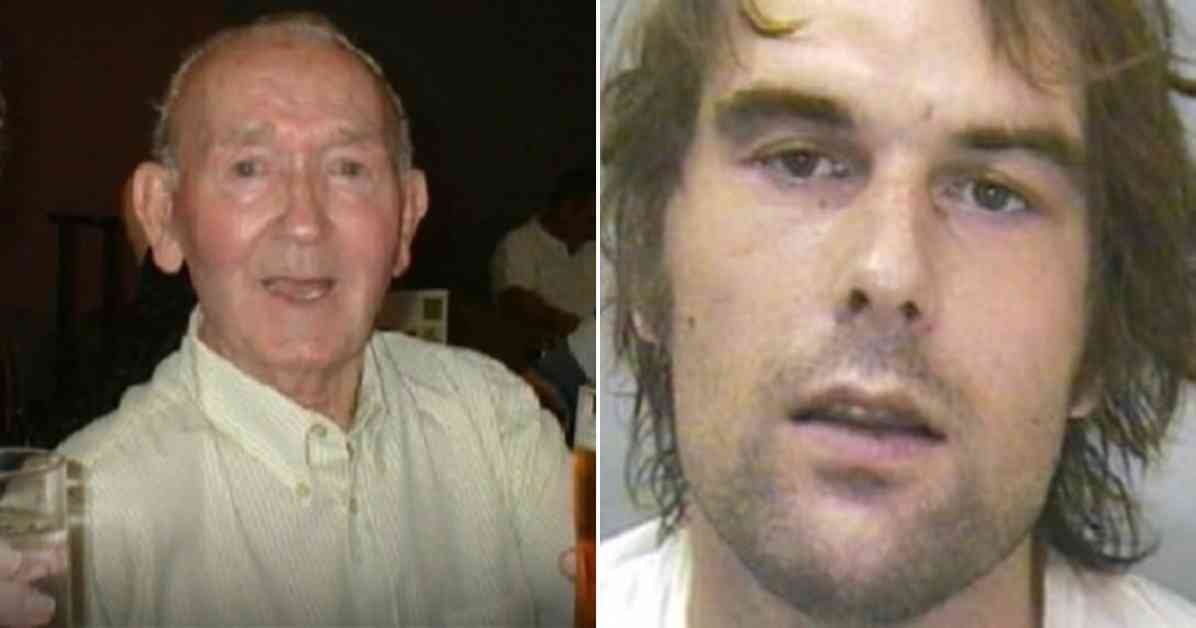The Nottinghamshire Healthcare NHS Trust has once again come under fire for failing to learn from a tragic incident involving the death of John McGrath at the hands of his grandson William Barnard. Kathleen Barnard, the mother of William, who was responsible for the tragic act, has spoken out against the trust, claiming that they did not take the necessary precautions to prevent such a devastating event from occurring.
Calocane, under the care of Nottinghamshire Healthcare NHS Trust, went on a violent rampage in Nottingham, resulting in the deaths of Barnaby Webber, Grace O’Malley-Kumar, and Ian Coates in June of last year. Kathleen Barnard revealed that her son, who suffers from paranoid schizophrenia, had stopped taking his anti-psychotic medication after being told it was voluntary, and she was not informed of this change. This oversight ultimately led to the loss of her father’s life.
In a recent Care Quality Commission (CQC) report, the trust was criticized for its failures in Calocane’s case. Kathleen Barnard expressed her frustration with the mental health care system, blaming the mistakes made in the care of her son for her father’s death. She emphasized that the trust had not implemented the recommendations from the report, leading her to doubt the sincerity of their apologies and assurances.
Despite the heartbreaking situation, Kathleen Barnard never blamed her son for the tragedy, stating that the Will she knew was not the same person who committed such a heinous act. William now lives with his mother and diligently takes his medication, under close supervision from his mental health team. Kathleen reassured that she feels safe around him and believes that hospitalization is the appropriate course of action for individuals with severe mental illness.
Calocane, who was diagnosed with paranoid schizophrenia like William, received an indefinite hospital order following the Nottingham attacks. His family highlighted the missed opportunities and warning signs that could have potentially prevented the killings. The victims’ families expressed their anger and frustration, claiming that those responsible for Calocane’s care have “blood on their hands.”
In response to concerns about the hospital order instead of a prison sentence for Calocane, Kathleen defended the decision, stating that individuals with severe mental illness require treatment rather than incarceration. She reasoned that high-security hospitals can provide more intensive care than prisons, offering a chance for rehabilitation and recovery.
The ongoing controversy surrounding the Nottinghamshire Healthcare NHS Trust’s handling of mental health care has raised questions about the effectiveness of the system in preventing tragic incidents like the one involving John McGrath. Families impacted by such events continue to advocate for improved mental health services and stricter oversight to ensure the safety of both patients and the community.
As the community grapples with the aftermath of these senseless acts of violence, it is crucial to address the systemic failures and gaps in mental health care that can have devastating consequences. The voices of those affected by such tragedies must be heard, and their calls for accountability and reform should not go unanswered. Only through proactive measures and a commitment to learning from past mistakes can we hope to prevent similar incidents in the future.












